Samsung addresses a zero-click vulnerability in May 2020 security patch
Samsung Smartphones since 2014 have suffered a critical vulnerability
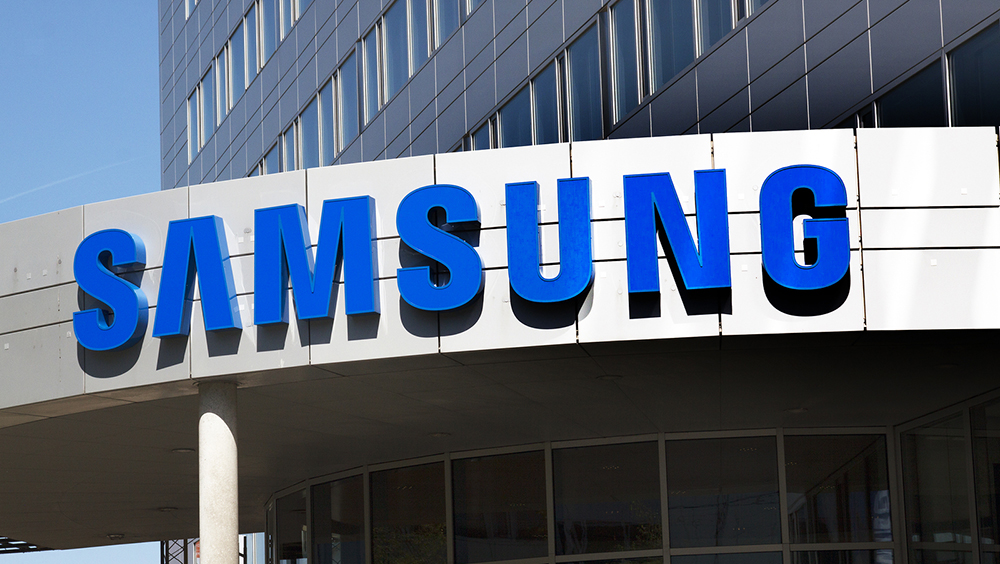
Last week, Samsung rolled out its May 2020 security patch last week. The patch is meant to fix a "critical" remote code execution bug impacting Samsung mobile devices sold since 2014. The bug is tracked as SVE-2020-16747 in the update and is the result of Samsung devices' handling of the custom Qmage image format. As it turns out, hackers can exploit the flaw in a zero-click scenario, meaning it can work without a users' knowledge or any interaction with the device.
Mateusz Jurczyk, a security researcher with Project Zero, discovered the bug in February. He noted that the bug provided hackers with a means of exploiting how Android’s graphics library, Skia, handles Qmage images sent to Samsung mobile devices.
According to Jurczyk, after receiving an image file via the Samsung Messages app, Android then redirects it to the Skia library for processing. However, image files with the .qmg format can be exploited as they can locate the Skia library within the phone's memory, allowing hackers to execute codes without a user's knowledge or interaction with the device. In doing so, hackers could gain access to a variety of personal user data.
After discovering the vulnerability in February, Jurczyk took action by reporting the critical bug to Samsung. In doing so, he also provided a proof of concept that demonstrated the bug and how hackers could exploit it.
The good news is that by working with Project Zero researchers, Samsung has patched this critical vulnerability. Included in the company's most recent security update, the patch "adds the proper validation to prevent memory overwrite." Owners of post-2014 Samsung devices have been advised to apply this update immediately, especially that the vulnerability’s existence is now very well-known.
Get the ITPro daily newsletter
Sign up today and you will receive a free copy of our Future Focus 2025 report - the leading guidance on AI, cybersecurity and other IT challenges as per 700+ senior executives
-
 Cleo attack victim list grows as Hertz confirms customer data stolen
Cleo attack victim list grows as Hertz confirms customer data stolenNews Hertz has confirmed it suffered a data breach as a result of the Cleo zero-day vulnerability in late 2024, with the car rental giant warning that customer data was stolen.
By Ross Kelly
-
 Lateral moves in tech: Why leaders should support employee mobility
Lateral moves in tech: Why leaders should support employee mobilityIn-depth Encouraging staff to switch roles can have long-term benefits for skills in the tech sector
By Keri Allan
-
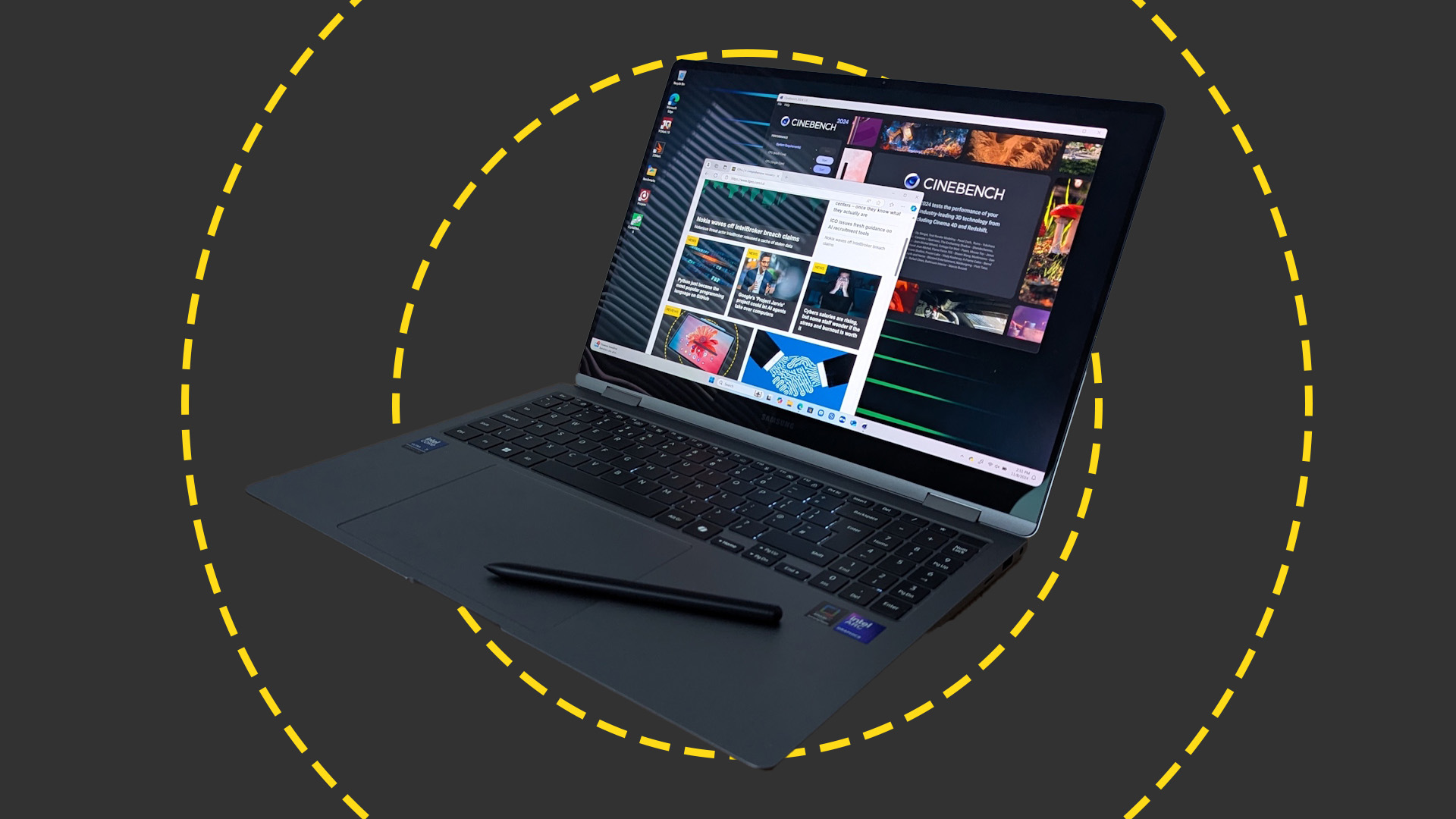 Samsung Galaxy Book 5 Pro 360 review: Almost the perfect big-screen laptop
Samsung Galaxy Book 5 Pro 360 review: Almost the perfect big-screen laptopReviews The Book 5 Pro 360 is a laptop you slowly get accustomed to, rather than one that feels right from the word go.
By Stuart Andrews
-
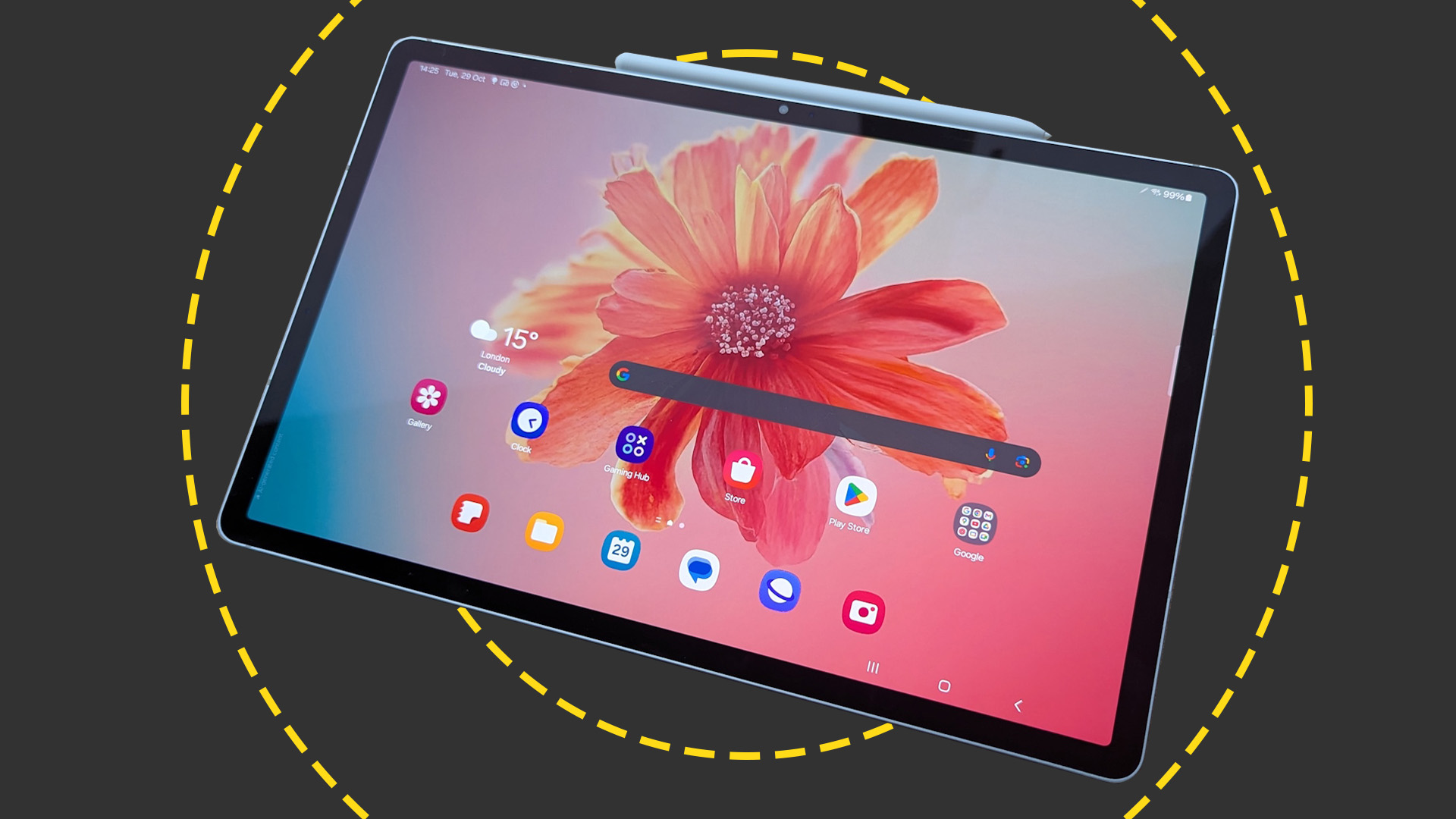 Samsung Galaxy Tab S10+ review: Possibly the best Android tablet for business
Samsung Galaxy Tab S10+ review: Possibly the best Android tablet for businessReviews With good performance, AI features and an exceptional screen, the Tab S10+ is the best Android tablet out there, if not quite the best tablet overall
By Stuart Andrews
-
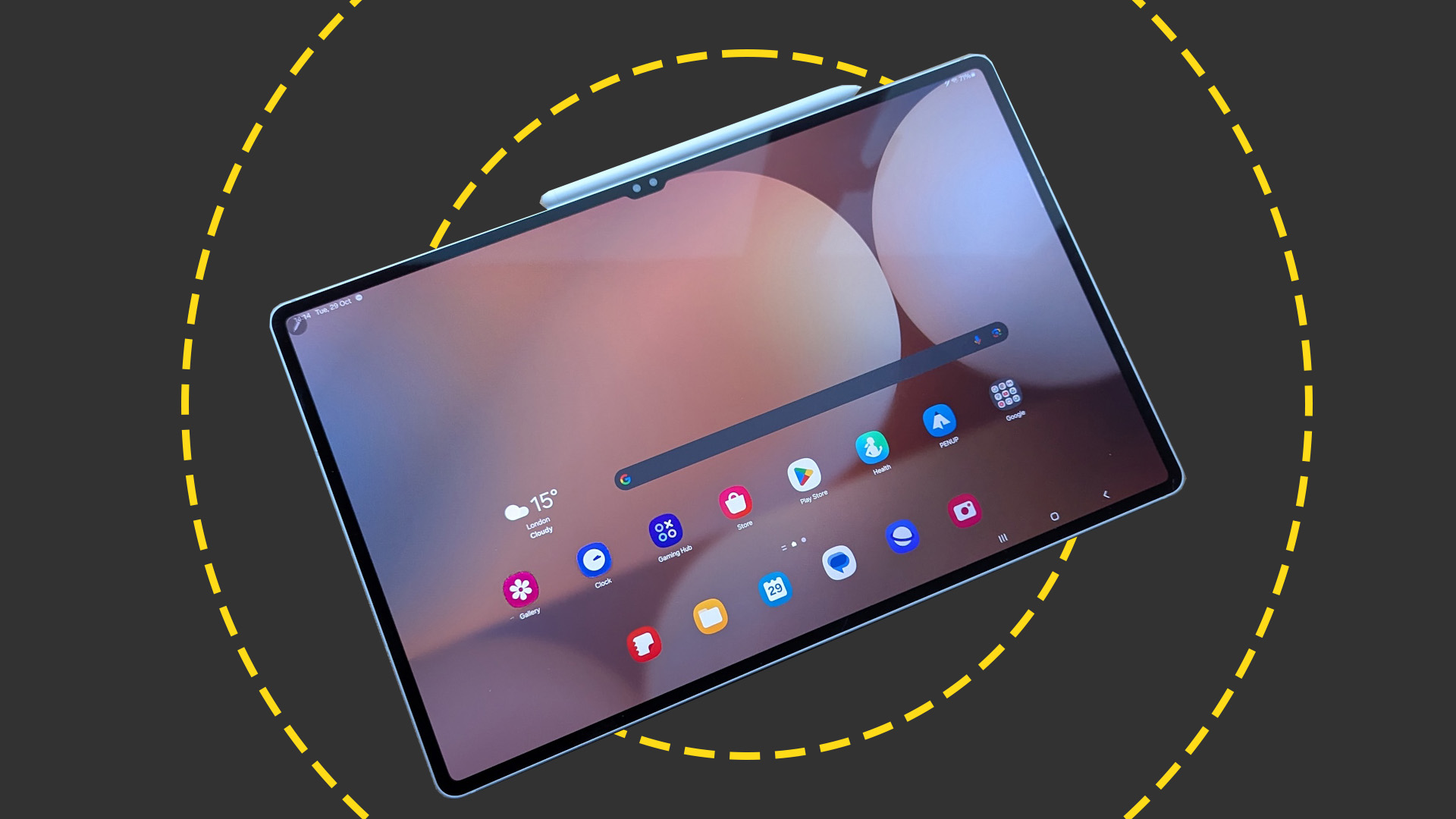 Samsung Galaxy Tab S10 Ultra review: Samsung's big-screen tablet is an AI-powered multitasking monster
Samsung Galaxy Tab S10 Ultra review: Samsung's big-screen tablet is an AI-powered multitasking monsterReviews The sheer size won't be for everyone, but the Tab S10 Ultra has the screen, performance, and multitasking prowess for serious work
By Stuart Andrews
-
 Rugged goes mainstream
Rugged goes mainstreamwhitepaper Why every business needs rugged devices to get the job done
By ITPro
-
 Why tougher doesn’t need to mean harder
Why tougher doesn’t need to mean harderwhitepaper Bridging the rugged and consumer device divide
By ITPro
-
 Samsung reveals plans for $15bn chip research center to break semiconductor scaling barriers
Samsung reveals plans for $15bn chip research center to break semiconductor scaling barriersNews The news follows the company's proposal in July to build 11 Texas semiconductor plants worth $191 billion
By Praharsha Anand
-
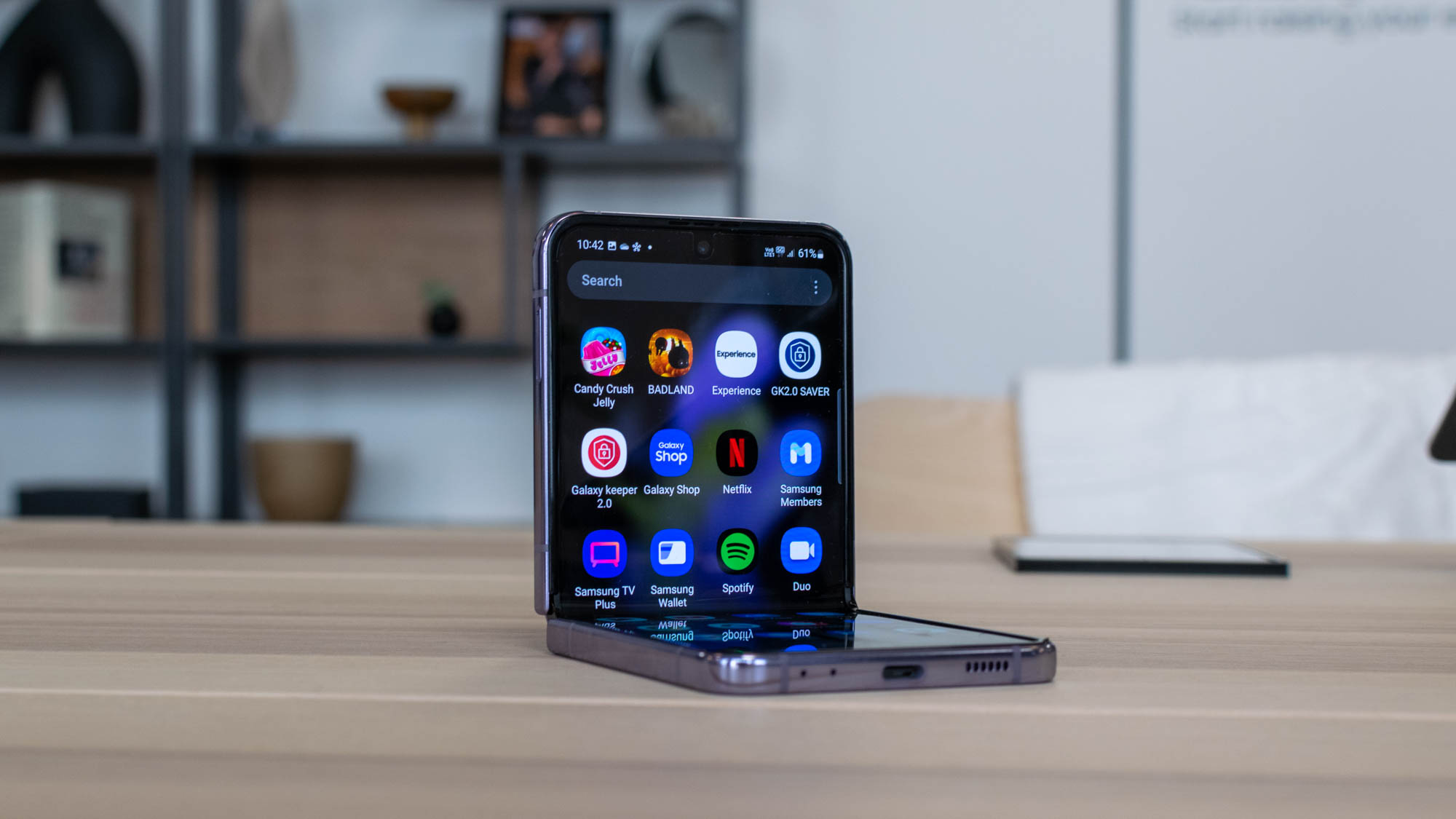 Samsung Galaxy Z Flip 4 hands-on review: A welcome (if minor) update
Samsung Galaxy Z Flip 4 hands-on review: A welcome (if minor) updateFirst look Samsung’s latest foldable is appealing, but does little to stand out from its predecessor
By Adam Shepherd
-

 Samsung Odyssey Neo G8 review: A groundbreaking display for work and play
Samsung Odyssey Neo G8 review: A groundbreaking display for work and playReviews The world’s first 4K/240Hz screen delivers sensational contrast and great colours, albeit for a high price
By Mike Jennings